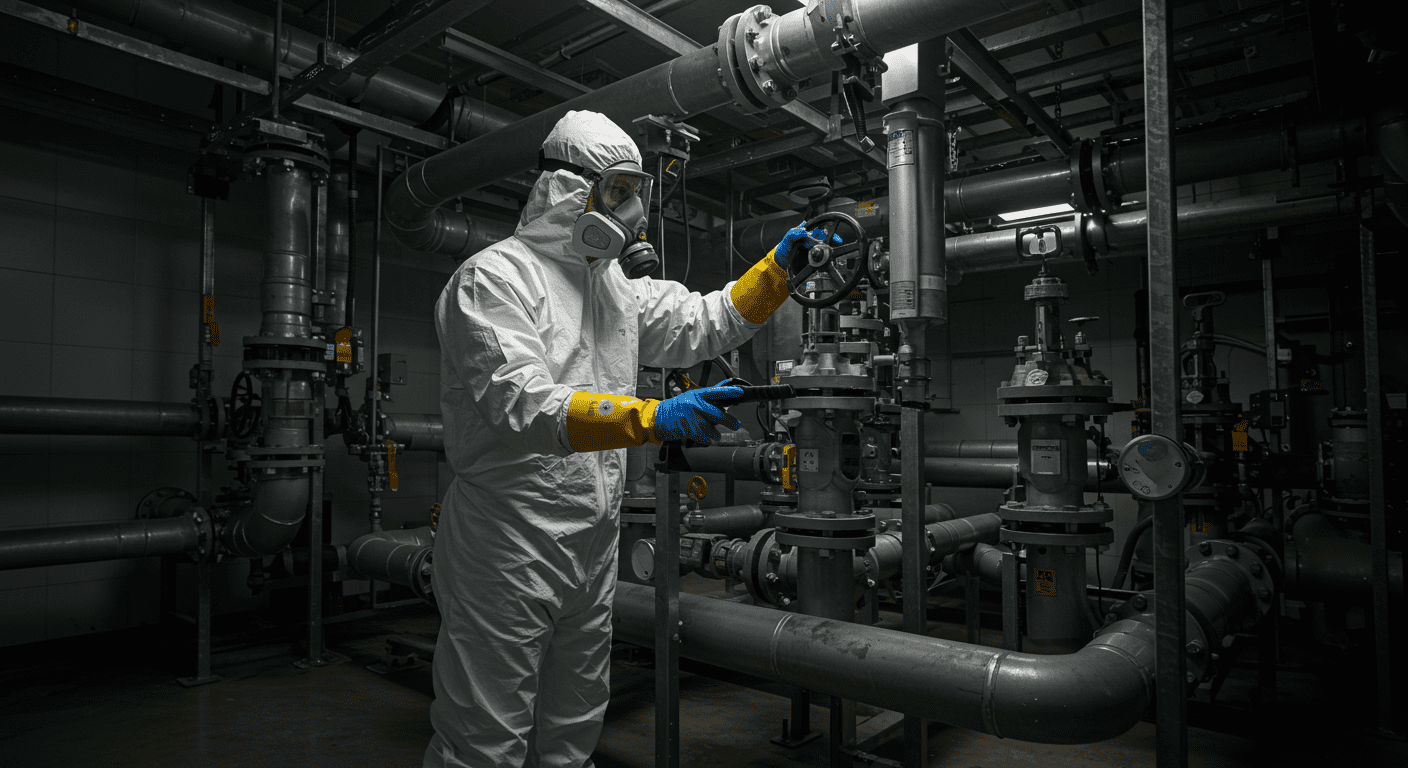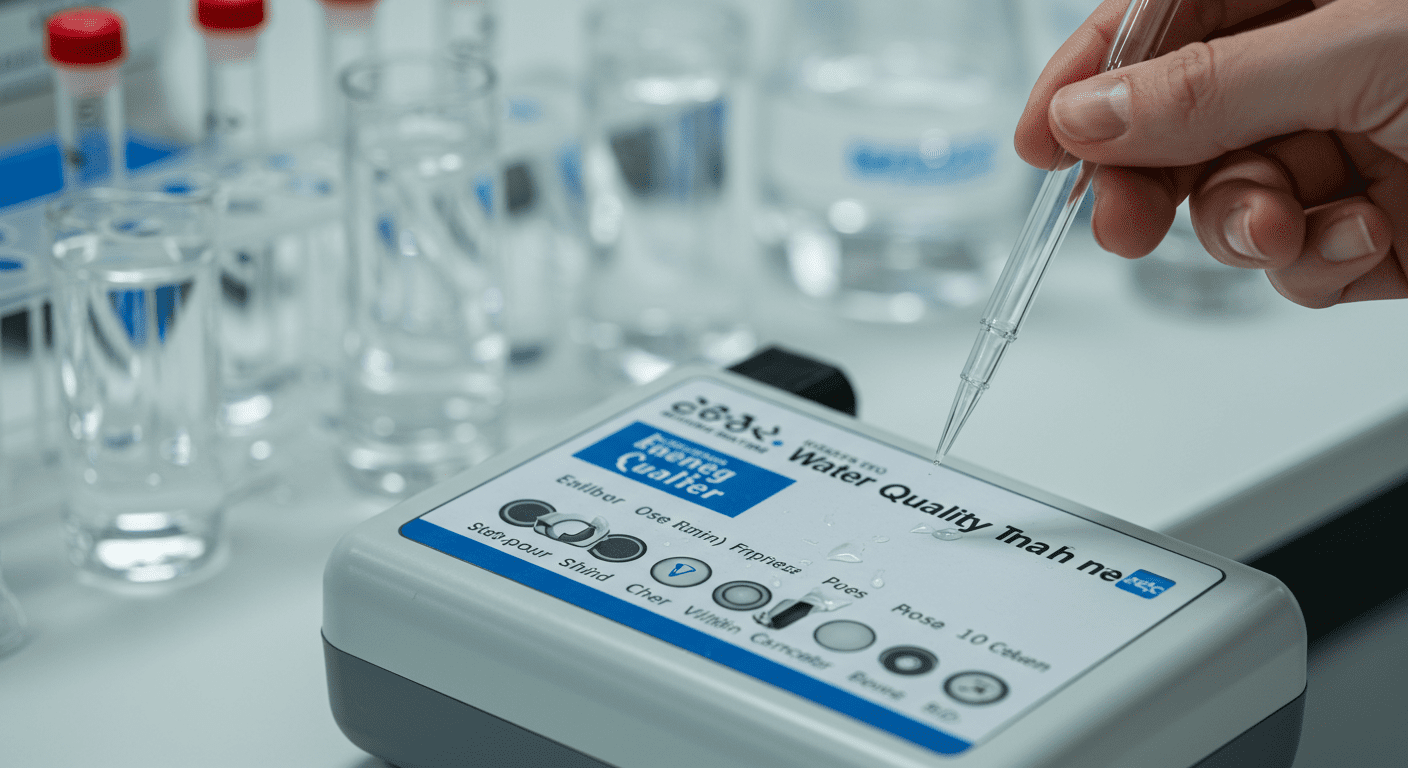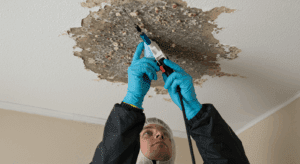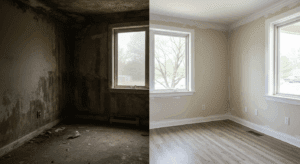Water quality is a critical concern for communities worldwide, and Trenton, NJ, is no exception. Ensuring clean and safe water is essential for public health and environmental sustainability. This article delves into the water mitigation efforts in Trenton, NJ, focusing on addressing Legionella and lead contamination risks.
Overview of Water Mitigation Efforts in Trenton, NJ
Importance of Water Quality Management
Water quality management is vital for safeguarding public health and maintaining a sustainable environment. In Trenton, NJ, water mitigation efforts have been prioritized due to the increasing concerns over contaminants such as Legionella and lead. These contaminants pose severe health risks, particularly to vulnerable populations like children and the elderly. Proactive water management ensures that residents have access to clean and safe water, reducing the likelihood of waterborne diseases.
Recent Developments in Legionella Mitigation
Legionella, a bacterium that can cause Legionnaires’ disease, has been a significant concern in Trenton. Recent mitigation efforts have focused on improving water treatment processes and regular monitoring of water systems. These measures aim to detect and eliminate Legionella before it becomes a public health threat. Community awareness campaigns have also been launched to educate residents about the importance of maintaining clean water systems in their homes and businesses.
Operational Oversight by NJDEP
Overview of NJDEP’s Role in Trenton Water Works
The New Jersey Department of Environmental Protection (NJDEP) plays a crucial role in overseeing water quality in Trenton. NJDEP’s responsibilities include setting water quality standards, conducting inspections, and ensuring compliance with state and federal regulations. Their involvement ensures that Trenton Water Works operates efficiently and adheres to strict safety protocols. This oversight is essential for maintaining the trust of the community and protecting public health.
Key Findings from Recent Assessments
Recent assessments by NJDEP have highlighted areas for improvement in Trenton’s water systems. These findings include outdated infrastructure, insufficient maintenance, and lapses in water quality monitoring. Addressing these issues requires a collaborative effort between local authorities, water management agencies, and the community. By implementing the recommendations from these assessments, Trenton can enhance its water quality and mitigate potential risks.
Impact of Data Falsification on Water Safety
Summary of Allegations and Investigations
Allegations of data falsification in water quality reports have raised concerns about the reliability of Trenton’s water systems. Investigations have revealed instances where water quality data was manipulated to meet regulatory standards. Such practices undermine public trust and pose significant risks to public health. Transparency and accountability are essential for restoring confidence in the water management system.
Implications for Public Health and Safety
The falsification of water quality data can have severe implications for public health. Contaminants like lead and Legionella can go undetected, leading to outbreaks of waterborne diseases. To prevent such incidents, it is crucial to establish stringent monitoring and reporting protocols. Public awareness and community involvement are also vital for ensuring that water quality remains a top priority.
Water Damage Restoration Services in Trenton
Importance of Prompt Water Damage Mitigation
Water damage can have long-lasting effects on properties and public health. Prompt mitigation is essential to prevent the growth of mold and other harmful microorganisms. In Trenton, residents and businesses are encouraged to address water damage immediately to minimize risks and costs. Professional water damage restoration services play a crucial role in restoring affected areas and ensuring a safe environment.
Available Services for Residents and Businesses
Trenton offers a range of water damage restoration services to cater to the needs of its residents and businesses. These services include water extraction, drying, dehumidification, and mold remediation. Companies specializing in water damage restoration use advanced equipment and techniques to address the issue effectively. Residents can also access resources and support from local authorities to manage water-related challenges.

For more information on mold remediation and water damage restoration, you can explore this comprehensive guide to preventing and remediating attic mold in Plainfield, NJ.
Conclusion
Water mitigation efforts in Trenton, NJ, are critical for ensuring public health and environmental sustainability. Addressing challenges such as Legionella and lead contamination requires a collaborative approach involving local authorities, residents, and water management agencies. By prioritizing transparency, accountability, and community engagement, Trenton can continue to improve its water quality and safeguard the well-being of its residents.
For additional insights and resources, consider exploring expert commercial water restoration services in Passaic, NJ.



